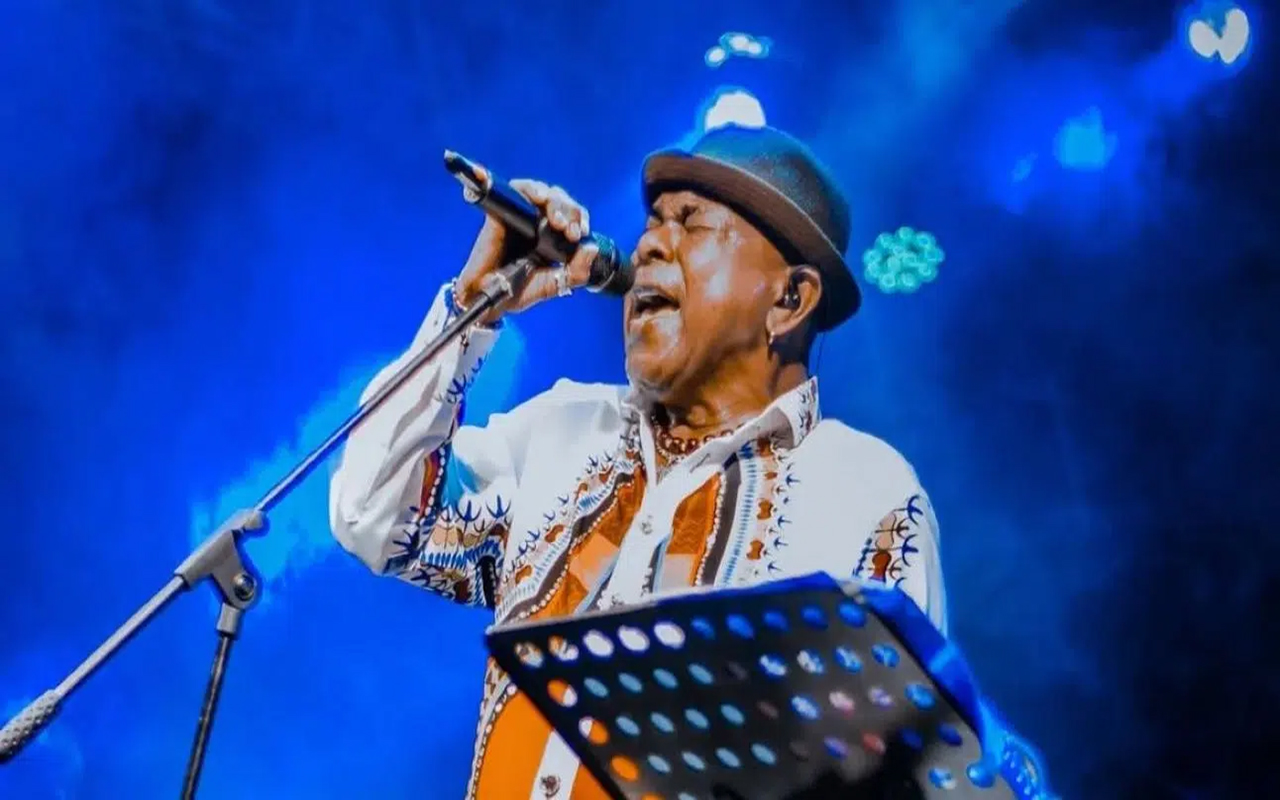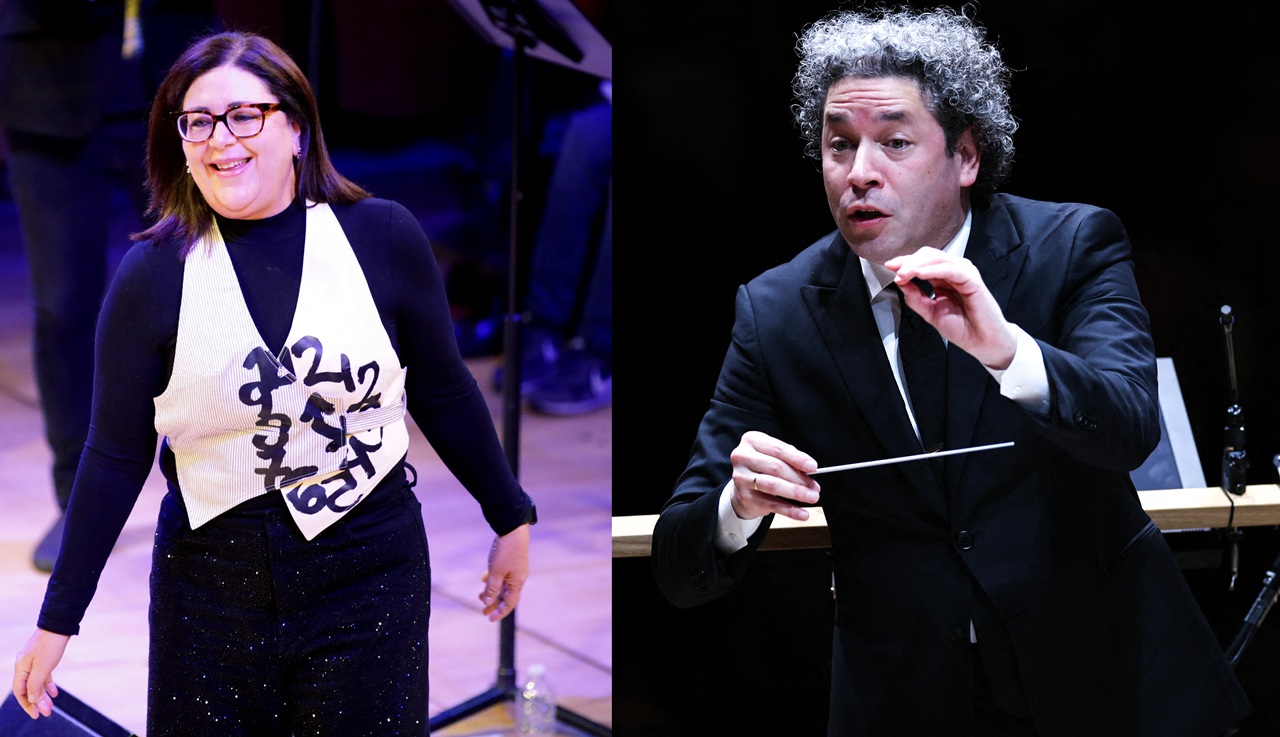
Almadura: a record to resist
Almadura, iLe's second album, brings together twelve songs about the strength needed to face injustice and adversity in a mix of traditional rhythms and…
Almadura comes from the game between hard-soul (alma-dura) and the way Puerto Ricans tend to pronounce the word "armor" (armadura), turning the "r" into an "l". The composition of this album began after Hurricane Maria in 2017. At that time, between the abandonment of the state and the devastation of the island, iLe was filled with pain and rage, she tells in interviews.
Thus, Almadura's twelve songs have lyrics that question and invite resistance, liberation, a struggle that does not allow more hatred to grow, and they use different traditional Latin American rhythms, as if in tradition were a guide for that resistance.
Contra Todo (Against All) is the first cut of the album. A war song from the colonized land, which was a Spanish colony until the 19th century, and in the case of Puerto Rico is marked by a complex tension between belonging to the United States and feeling excluded.
I am the invaded land
Stolen Nature
I'm a misguided thought
Silenced scream
I'm the pain that doesn't feel
I am the forgotten memory
I'm resistant material
With skinned rage
With courage straight ahead
I'm going to win the battle
Made of wind and beach
I'm the wave that's gonna break
Nature's struggle and the struggle for land is not only a matter of the time of colonization. All over Latin America there are fights lead by indigenous populations, peasants and civilians to protect nature: to avoid deforestation, fracking, large dams, etc. Nature, which has other times and logics, in the long run will know how to win the game.
Temes (You're afraid), Almadura's third song, is a bolero that, between the sweetness of the guitar and the congas, raises questions that challenge the absurdities of machismo and violence against women: the sense of guilt of women who have been attacked, feminicide, rape and psychological violence.
Why are you afraid of me?
If I am made to be sorry
And my story has already run out of life
Why are you afraid of me?
If your jealousy' stabs me in the back
And it's my fault for being alone
If your anger shoots me in the head
Why are you afraid of me? Why are you afraid of me?
If my freedom is in your hands
And my body is a vessel of your whim
If my shadow is behind your figure
Why are you afraid of me?
The harsh and austere video for Temes was directed by Milena Perez Joglar, iLe's older sister, and shows a woman (iLe) moments after being raped, who slowly composes herself as she challenges with her questions and then looks up, because there is no reason for fear.
Odio (Hate) poses a solution to the festering relationships that tend to grow into more violence: to kill the hate by starvation, not to feed it, not to follow its logic, not to let it convince more people and bring them on its side.
RELATED CONTENT
But hate responds, like the character you want to let die: he knows that it is the forbidden and so often meditated response, the action that no longer contemplates pain or consequences and that is his strength.
I am from your breast the emptiness
The eaten heart
The unconsciousness in your ear
The fear that has not slept
I carry the dagger in my eyes
Careful I don't look at you
From dead people I make a parade
If I get angry at the moment
I have brutal sadness
And I can do anything
The pain no longer haunts me
I want to explode my head
The Odio video was directed by Puerto Rican director and photographer Cesar Berrios and portrays the case of Cerro Maravilla, which occurred in Puerto Rico on July 25, 1978, when a group of police ambushed and killed two pro-independence activists. As in the case of Temes, it is a harsh video, where the aggressiveness of the percussion is emphasized by the violence of the deaths and the final tribute to Carlos Soto Arriví and Arnaldo Darío Rosario, who have not been forgotten.
Tu rumba is the most sensual song on the whole album. Its lyrics portray the physical tension of feeling attracted to someone and not being sure of being reciprocated, and yet not being able to bear the doubt, wanting to get closer.
I don't know if it's the corner of your eyes
Looking to meet mine
But I feel like there's something about you that calls me
In the midst of such a crowd
I don't know if your silence is speaking to me
I don't know if we've met
Or if it's my madness that is delirious
And that in the end it's just me who imagines it
The video for Tu rumba shows the dance of the Puerto Rican bomba, which has elements in common with many other Latin American genres of African origin (such as bullerengue, for example, in the case of Colombia). In front of a group of percussionists, the dancers take turns responding to the music in what sometimes is a game and sometimes seems more of a challenge. In this tension we see the lyrics of the song come true and we wonder if the rumba goes with the mambo.











LEAVE A COMMENT: